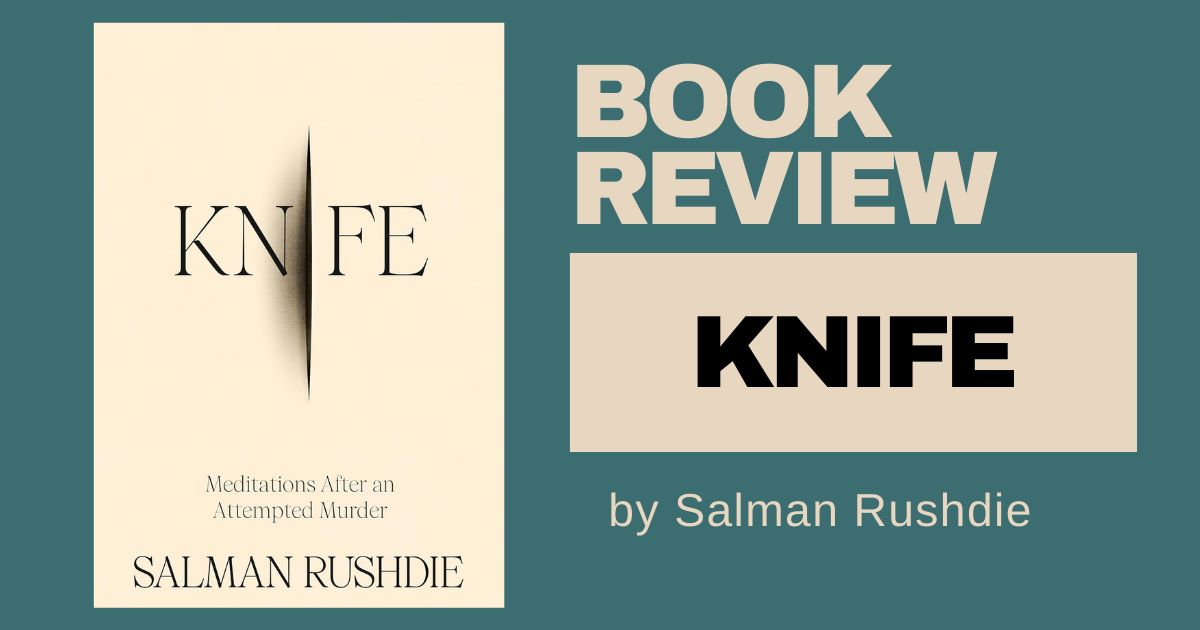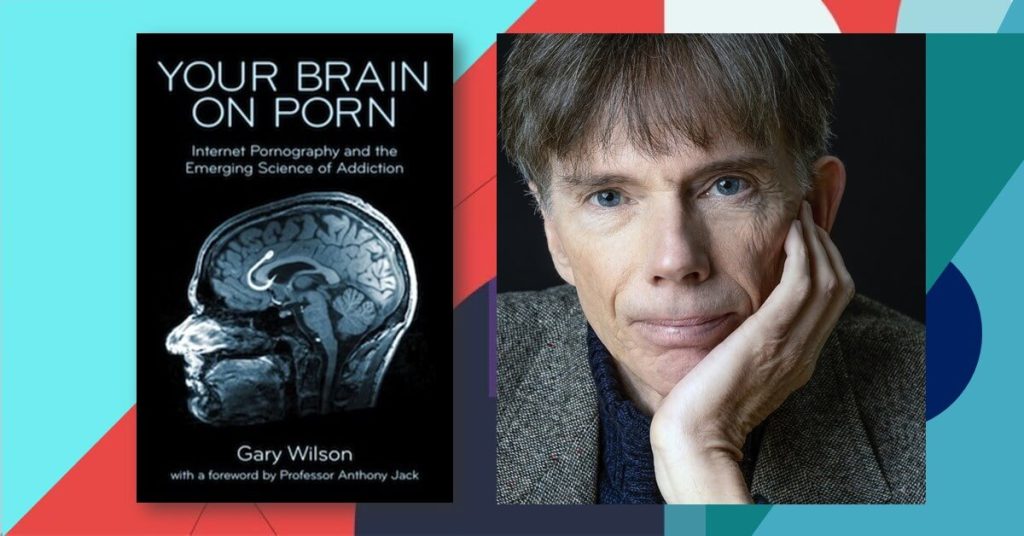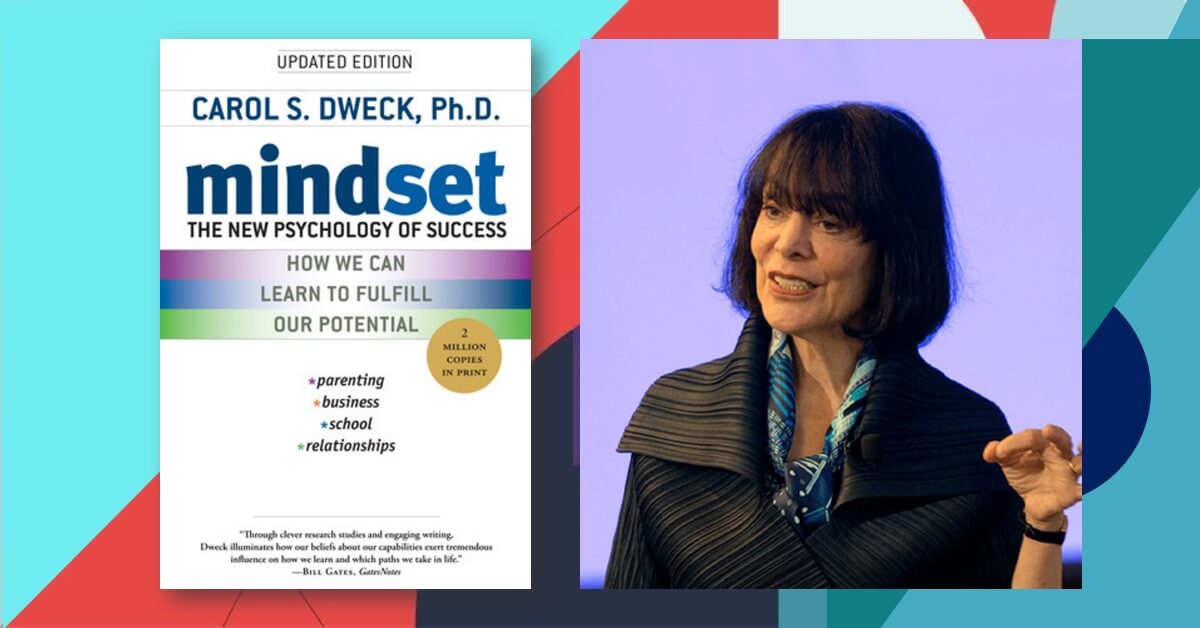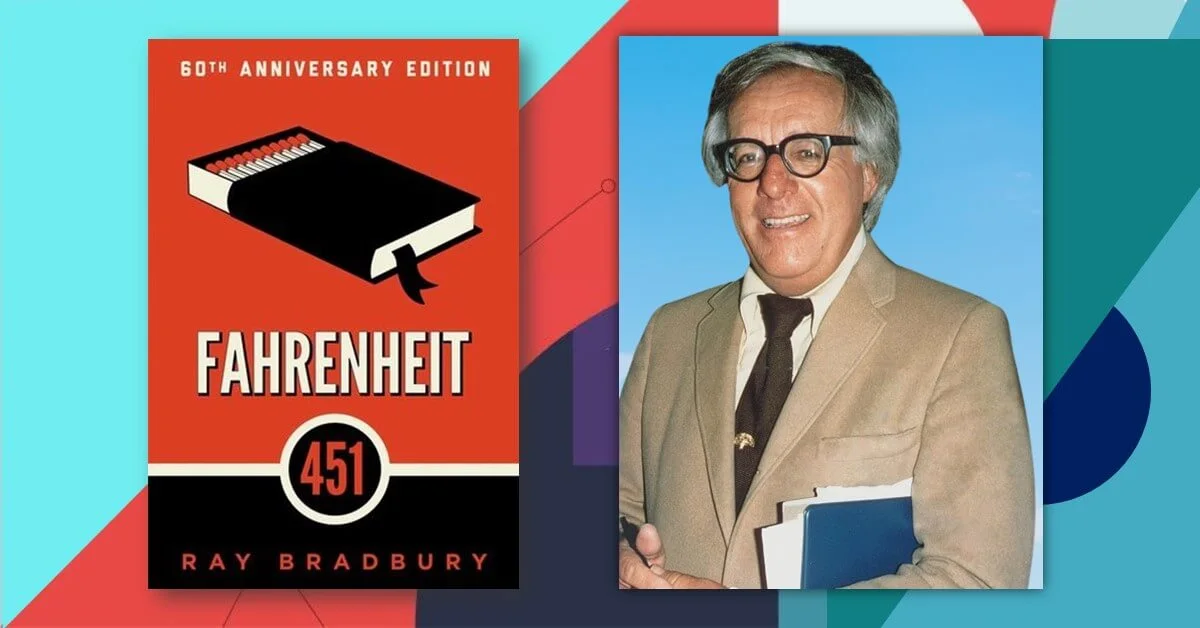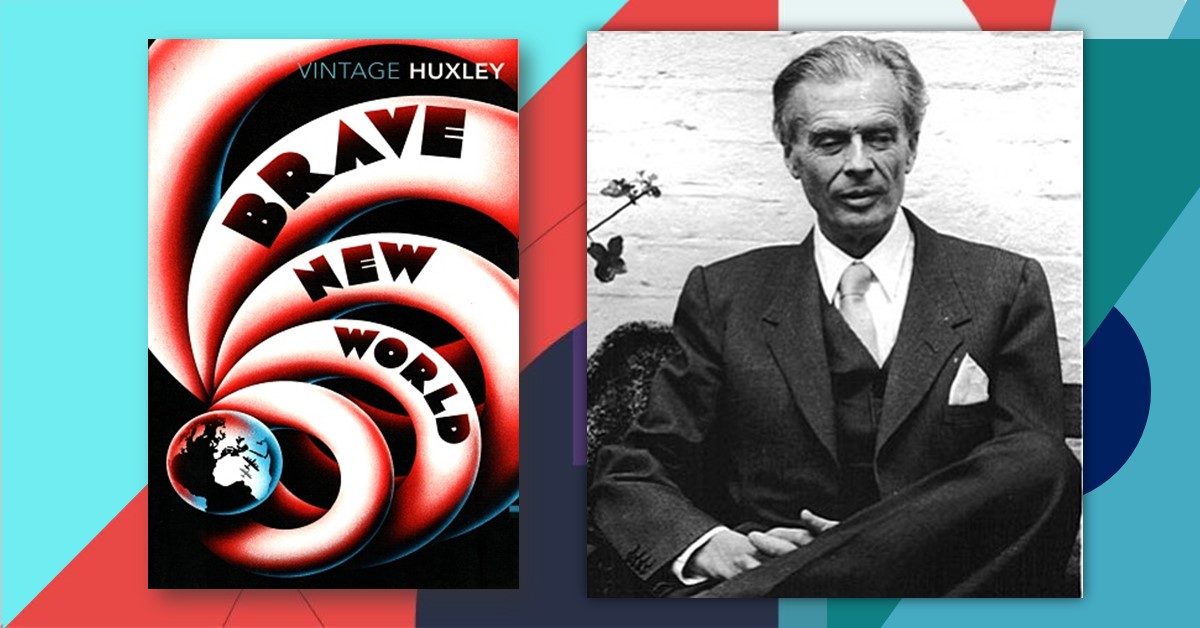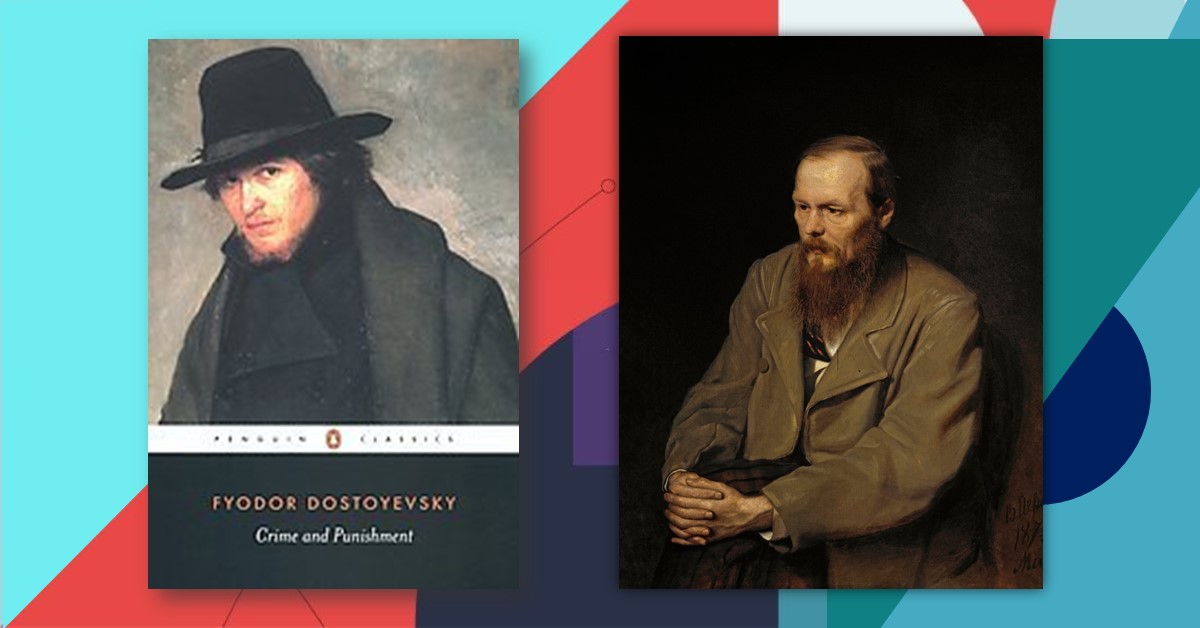Salman Rushdie’s “Knife: Meditations After an Attempted Murder” is a compelling and introspective memoir that delves deep into the psyche of a man who has lived under the shadow of violence for decades.
The book is a raw and unflinching account of Rushdie’s life after the 2022 knife attack in Chautauqua, New York, which left him gravely injured and once again thrust him into the global spotlight.
Why You Should Read ‘Knife’ by Salman Rushdie: A Tale of Bravery and Reflection
Table of Contents
A Brave Narrative
Rushdie’s narrative is characterized by a profound sense of bravery. He does not shy away from recounting the harrowing details of the attack and its aftermath. The physical and psychological scars are laid bare, offering readers an intimate look at his suffering and resilience.
This candidness is both haunting and inspiring, as Rushdie confronts his fears, pain, and the long road to recovery.
Salman Rushdie‘s “Knife: Meditations After an Attempted Murder” is an exemplar of narrative bravery, distinguished by its unflinching exploration of trauma and recovery. The courage inherent in this narrative is multi-faceted, reflecting Rushdie’s willingness to expose his vulnerabilities and confront the profound physical and emotional upheaval following the brutal knife attack.
Confronting Personal Trauma
At the heart of this brave narrative is Rushdie’s detailed recounting of the attack itself. He meticulously describes the moments leading up to the assault, the immediate chaos, and the excruciating pain that ensued.
This candid portrayal of violence is not meant to sensationalize but to lay bare the harsh reality he endured. By sharing these intimate details, Rushdie not only relives his trauma but also invites readers to witness the raw human experience of surviving an assassination attempt.
This act of sharing such a deeply personal and harrowing event is, in itself, an act of immense bravery.
Psychological Resilience
Beyond the physical scars, Rushdie delves into the psychological aftermath of the attack. He explores themes of fear, vulnerability, and the daunting process of healing.
His narrative does not shy away from the moments of despair and the persistent anxiety that follows such a life-threatening event. By articulating his struggles with mental health and the steps he takes towards recovery, Rushdie provides a powerful testimony to the strength required to rebuild one’s life in the wake of violence.
Challenging Extremism
Rushdie’s bravery is also evident in his steadfast commitment to challenging extremism. “Knife” is not just a personal account; it is a broader commentary on the perils faced by those who dare to speak out against tyranny and oppression.
By recounting his experience, Rushdie reaffirms his dedication to the principles of free speech and artistic freedom. He refuses to be silenced, demonstrating that the power of words can transcend acts of violence.
This defiance in the face of threats is a bold statement against those who seek to instil fear and suppress dissenting voices.
Literary Integrity
The bravery in Rushdie’s narrative is further accentuated by his literary integrity.
He employs a sophisticated prose style that blends vivid storytelling with reflective meditation. His ability to transform his personal ordeal into a universally resonant narrative underscores his literary prowess and his commitment to truth-telling.
Rushdie’s willingness to dissect his own pain and expose his innermost thoughts exemplifies a rare courage that elevates the memoir from a mere recounting of events to a profound exploration of the human condition.
Inspirational Courage
Ultimately, “Knife” stands as a testament to Rushdie’s indomitable spirit.
His narrative courage not only serves to document his survival but also inspires others to confront their own fears and adversities.
Through his eloquent and honest portrayal, Rushdie provides a beacon of hope and resilience, illustrating that even in the face of the darkest times, the human spirit can endure and prevail.
In sum, the bravery embedded in “Knife: Meditations After an Attempted Murder” ” is a multifaceted and deeply compelling force. Rushdie’s narrative courage, psychological resilience, defiance against extremism, literary integrity, and inspirational spirit collectively renders this memoir an extraordinary testament to the power of the human spirit and the enduring strength of the written word.
Meditative and Reflective
True to its title, “Knife” is as much a meditation as it is a memoir. Rushdie reflects on themes of violence, freedom of speech, and the power of literature. His insights are poignant and thought-provoking, inviting readers to ponder the broader implications of his experience. The book is not just about an individual act of violence but also a commentary on the societal and political forces that perpetuate such acts.
“Knife: Meditations After an Attempted Murder” by Salman Rushdie is distinguished not only by its courageous recounting of a traumatic event but also by its deeply meditative and reflective nature.
This aspect of the memoir elevates it from a simple narrative of survival to a profound exploration of broader themes that resonate on both personal and societal levels.
Exploration of Violence
At the core of Rushdie’s reflections is an exploration of the nature of violence.
He delves into the personal and societal implications of the attack, contemplating how acts of violence ripple through lives and communities. Rushdie uses his own experience as a lens to examine the pervasive impact of violence in our world, questioning its origins and its seemingly cyclical nature.
These meditations are not merely introspective but also philosophical, inviting readers to engage with deep questions about human behaviour and the persistence of conflict.

Philosophical Contemplations
Rushdie’s reflective passages are rich with philosophical musings on life, death, and the human condition.
He considers the fragility of life, the suddenness with which it can be altered, and the existential questions that arise from such an experience. These contemplations are interwoven with literary and cultural references, drawing from a vast array of sources to deepen the reader’s understanding.
By doing so, Rushdie situates his personal ordeal within a broader intellectual and cultural context, making his reflections universally relevant.
The Role of Art and Literature
A significant portion of Rushdie’s meditations revolves around the role of art and literature in society.
He reflects on his lifelong commitment to storytelling and the power of words to both heal and provoke. Rushdie considers the responsibility of writers to challenge oppressive regimes and ideologies, and the dangers they face in doing so.
These reflections underscore his belief in the transformative power of literature and its capacity to foster empathy and understanding across divides.
Personal Growth and Resilience
Rushdie also uses his memoir as a space for personal reflection and growth.
He contemplates the changes in his own psyche and outlook post-attack, exploring how such a traumatic event reshapes one’s sense of self and purpose. This introspective journey is marked by moments of vulnerability and strength, as Rushdie grapples with his fears, his recovery, and his renewed sense of determination.
His reflections on resilience are particularly poignant, offering insights into the process of finding strength in the face of adversity.
Societal Implications
Beyond the personal, Rushdie’s reflections extend to societal and political implications.
He meditates on the state of global politics, the rise of extremism, and the ongoing struggle for freedom of expression.
These reflections are timely and pertinent, providing a critical commentary on contemporary issues. Rushdie’s insights are grounded in his own experiences but are also extrapolated to address wider societal concerns, making his meditations both personal and universally applicable.
A Thoughtful Structure
The structure of “Knife” itself reflects its meditative nature.
Rushdie’s prose flows seamlessly between past and present, memory and reflection, creating a tapestry of thoughts and experiences that invite the reader to ponder alongside him. This thoughtful organization enhances the reflective quality of the book, encouraging a contemplative reading experience.
Salman Rushdie’s ability to weave together personal trauma with broader philosophical and societal reflections creates a memoir that is as intellectually engaging as it is emotionally powerful.
Through his meditations, Rushdie not only processes his own experience but also offers readers profound insights into the nature of violence, the power of art, and the resilience of the human spirit.
Literary Craftsmanship
Rushdie’s literary craftsmanship shines throughout the book.
His prose is elegant and evocative, weaving together memories, reflections, and observations with a deft touch. The narrative is interspersed with moments of dark humour, which provide a necessary balance to the gravity of the subject matter.
His ability to find beauty and meaning amidst chaos is a testament to his enduring talent as a writer.
Elegant and Evocative Prose
Rushdie’s prose is characterized by its elegance and evocative power.
He uses vivid imagery and rich descriptions to bring his experiences and reflections to life. This stylistic choice not only paints a detailed picture of the physical and emotional landscapes he traverses but also enhances the reader’s emotional engagement with his story.
His language is precise yet poetic, capturing the nuance and complexity of his thoughts and feelings.
Seamless Narrative Weaving
One of Rushdie’s hallmarks is his ability to weave multiple narratives seamlessly.
In “Knife,” he intertwines the immediate events of the attack and its aftermath with broader reflections on violence, literature, and resilience. This narrative technique allows him to explore various themes concurrently, providing a multi-layered reading experience.
The shifts between past and present, personal and philosophical, are handled with a deft touch, maintaining a cohesive and engaging storyline.
Dark Humour
Rushdie’s use of dark humor is another element of his literary craftsmanship.
Amidst the gravity of his experiences, he finds moments of irony and wit. This not only provides a necessary counterbalance to the memoir’s darker themes but also showcases Rushdie’s resilience and his ability to find light even in the bleakest situations.
His humor is subtle and sophisticated, enriching the text and adding an additional layer of depth to his narrative voice.
Reflective Depth
Rushdie’s reflections are deeply thoughtful and intellectually stimulating.
He draws on a wide range of literary, historical, and cultural references, weaving them into his narrative to provide context and depth. His ability to connect his personal experiences with broader cultural and philosophical themes demonstrates his erudition and enriches the reader’s understanding. This reflective depth is a hallmark of Rushdie’s writing, elevating “Knife” beyond a simple memoir to a work of significant literary merit.
Thematic Cohesion
Despite the varied themes and reflections, Rushdie maintains a strong thematic cohesion throughout the book.
The central themes of violence, resilience, and the power of storytelling are interwoven with precision, creating a unified narrative thread. Each reflection and anecdote ties back to these core themes, ensuring that the reader remains anchored in the central concerns of the memoir.
This thematic cohesion is a testament to Rushdie’s meticulous planning and his ability to maintain focus amidst complex subject matter.
Emotional Resonance
Rushdie’s writing in “Knife” is imbued with a deep emotional resonance. He captures the intensity of his pain, fear, and hope with authenticity and sensitivity. This emotional honesty invites readers to connect with his experiences on a personal level.
The memoir’s emotional depth is enhanced by Rushdie’s ability to articulate his inner life with clarity and poignancy, making his journey resonate powerfully with readers.
Structural Innovation
The structure of “Knife” reflects Rushdie’s innovative approach to storytelling.
The book is organized in a way that mirrors the fragmented nature of trauma and recovery, with sections that move fluidly between different times and perspectives. This structural choice not only mirrors Rushdie’s mental and emotional state but also engages the reader in a more interactive and reflective reading process.
The non-linear structure challenges readers to piece together the narrative, reflecting the process of making sense of a traumatic experience.
These elements combine to create a memoir that is not only a powerful personal account but also a profound work of literature. Rushdie’s skill as a writer ensures that “Knife” is a compelling, thought-provoking, and ultimately transformative reading experience.
A Personal and Political Journey
“Knife” is deeply personal, yet it transcends the personal to address universal concerns.
Rushdie’s journey from victim to survivor is intertwined with his lifelong advocacy for artistic freedom and resistance against censorship.
The book serves as a powerful reminder of the importance of defending free expression in the face of extremism and intolerance.
In “Knife: Meditations After an Attempted Murder”,” Salman Rushdie embarks on a journey that is both intensely personal and profoundly political. This dual narrative interweaves his own life story with broader socio-political themes, creating a memoir that speaks to the universal struggle for freedom, resilience, and the power of the human spirit.
Personal Journey
Survival and Healing
At the heart of Rushdie’s personal journey is his struggle for survival and subsequent healing.
The attempted murder left him with severe physical and emotional scars. He recounts the grueling process of recovery, both physically as he heals from his injuries and psychologically as he grapples with the trauma.
This personal journey of healing is detailed with raw honesty, capturing the vulnerability and strength required to overcome such an ordeal.
Identity and Resilience
Rushdie’s narrative also explores his sense of identity in the aftermath of the attack. The experience forces him to reassess his own resilience and the core aspects of his identity as a writer, a public figure, and a human being. He reflects on the ways in which his identity has been shaped by years of living under threat and how the attack has both altered and reinforced his sense of self. This introspection reveals the complexities of living with constant danger and the strength needed to maintain one’s sense of self amidst chaos.
Legacy and Mortality
The memoir is also a meditation on legacy and mortality.
Faced with a near-death experience, Rushdie contemplates his life’s work and what he hopes to leave behind. This reflection on mortality is poignant and deeply personal, as he considers the impact of his literature and the importance of continuing to write despite the risks.
It’s a powerful reminder of the enduring nature of art and its ability to transcend the life of its creator.
Political Journey
Freedom of Expression
Rushdie’s story is inextricably linked to the broader political struggle for freedom of expression.
The attack on him is a stark reminder of the dangers faced by those who challenge oppressive regimes and ideologies. Throughout the memoir, Rushdie reiterates his unwavering commitment to defending free speech.
He delves into the political climate that fosters such acts of violence, highlighting the ongoing global battle against censorship and repression.
Literature as Resistance
“Knife” underscores the role of literature as a form of resistance.
Rushdie reflects on the power of storytelling to challenge authoritarianism and inspire change. He views his own writing as part of this larger political struggle, using his platform to speak out against tyranny and advocate for the rights of artists and intellectuals worldwide.
His reflections emphasize the vital role that writers play in questioning and confronting power.
Global Implications
The attack on Rushdie is not an isolated incident but part of a broader pattern of violence against dissenting voices.
He contextualizes his experience within global political movements, examining how religious extremism and political repression threaten free expression around the world.
By situating his personal ordeal within this larger framework, Rushdie draws attention to the universal nature of the fight for freedom and the shared challenges faced by those who stand against oppression.
Solidarity and Support
Rushdie also reflects on the solidarity and support he received from the global literary and artistic communities.
This aspect of his journey highlights the collective nature of the struggle for freedom of expression. The outpouring of support serves as a testament to the strength and resilience of the artistic community and its commitment to defending its members. This solidarity is a source of hope and inspiration, reinforcing the idea that while individuals may be targeted, they are not alone in their fight.
Through his reflections on survival, identity, freedom, and resistance, Rushdie offers a profound commentary on the enduring power of the human spirit and the unyielding pursuit of truth and justice.
This dual journey not only illuminates the challenges faced by those who dare to speak out but also inspires readers to stand firm in their own convictions, no matter the cost.
Conclusion
“Knife: Meditations After an Attempted Murder” is a profound and moving work that offers a window into the mind of one of the most influential writers of our time.
Salman Rushdie’s ability to transform a personal tragedy into a broader meditation on life, art, and resilience is nothing short of remarkable. This book is a must-read for anyone interested in the intersections of literature, politics, and the human spirit.
In “Knife,” Rushdie not only survives but triumphs, using his pen as a weapon to fight against the darkness that sought to silence him.
His story is a testament to the enduring power of the written word and the unbreakable spirit of a true artist.
